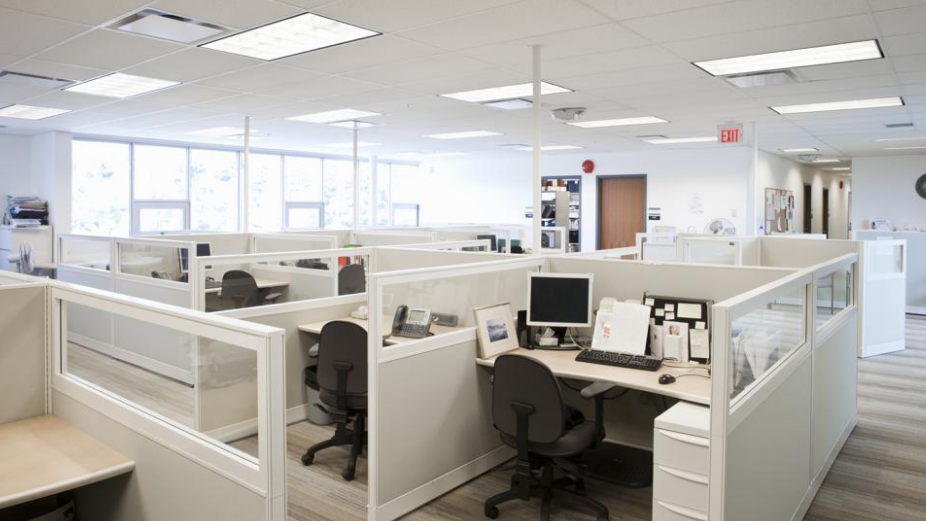Owning a commercial real estate property might prove to be one of the most lucrative investments that you’ve ever made. This sector of real estate is a completely different beast than residential properties, and comes with an entirely different set of strategies you need to apply in order to become successful.
The outcome depends on how prepared you are to deal with what’s ahead. If you’re thinking about investing in commercial real estate, here are five things you’ll need to know to increase your chances of survival.
Definition of Commercial Real Estate
Commercial real estate is a broad term that is used to describe all real estate that isn’t residential or vacant land. Consisting of properties such as factories, office spaces and shops, this type of real estate can be broken down into three main categories – office, retail, industrial.
The reason why this matters to a potential investor is because these different types tend to require different management, and can return the investment in varying ways. Therefore, the first thing you need to learn is how to pick the right type of commercial real estate to suit your specific needs.
Making Your Investment
Unlike residential real estate which is valued based on comps from neighbouring houses, commercial real estate is valued based on its cashflow, or how much income it can produce. Make sure you do your fair share of research; invest some time and effort, talk to owners of similar properties.
It is also advisable to concentrate on one type of investment at a time, whether it is an office, retail or industrial. As each transaction required undivided attention, this will ensure that you always find the best deal possible.
Securing Tenants
Securing tenants for commercial properties is a bit more challenging than residential properties. Although everybody needs a place to live, not all businesses need a physical space to operate. Additionally, businesses tend to be less flexible when it comes to spacing demands; if your property does not offer what they need, they are likely to look elsewhere.
However, once you do have a tenant for your commercial property, you will likely have them for a while. The leases tend to be longer, and moving a company is generally a lot harder than moving a house.
Rental Returns
As with all investments, returns can be different depending on the surrounding circumstances. While residential properties typically return up to around 4% or 5% a year, returns for commercial property investments can be much more significant depending on the location, market conditions, trends and quality of the building.
Plans for the Future
The last thing you need to consider is your plans for the future. How do you foresee this working out? Do you intend on renting out the property to earn a steady income, or do you intend to demolish it and build something else in its place? Or are you perhaps waiting for its value to rise so you can sell it off for a better price, or are you planning on operating your own business there?
Your long-term goals and vision for your property sometimes makes all the difference in your property management plans.



















